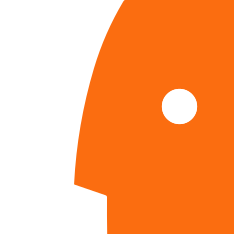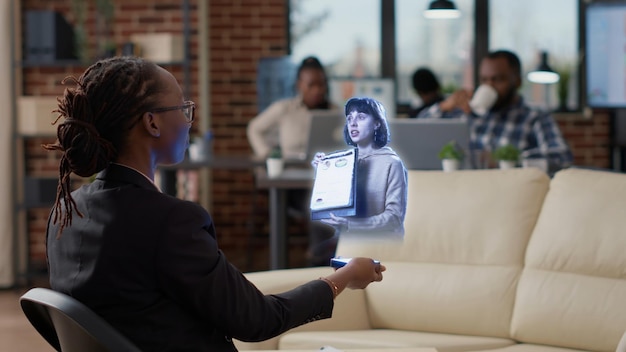AI and Automation: Understanding the Differences and Their Importance for HR
In the dynamic landscape of human resources, AI and automation are often at the forefront of discussions and innovations. With every HR software provider touting their use of “cutting-edge AI” or “smart automation,” it becomes crucial for HR professionals to decipher the true meanings behind these terms. At a glance, they may seem interchangeable, but delving deeper reveals substantial differences that can impact HR strategies significantly.
Defining AI and Automation
Before we explore how these technologies can enhance HR functions, let’s clarify what each term means. While both AI (Artificial Intelligence) and automation are valuable, they serve distinct purposes.
What is Automation?
Automation has been around for decades, manifesting in various forms including factory assembly lines, email auto-responders, and ‘out of office’ notifications. At its core, automation encompasses systems and processes that adhere to predetermined rules to execute repetitive tasks, which enhances operational efficiency.
Think of automation as your highly dependable colleague who meticulously follows provided instructions without deviation. Although it excels in executing tasks such as absence management and recruitment processing faster and more consistently, it lacks the ability to learn or adapt. Its operations are confined to the rules you establish, which may or may not be optimal.
What is AI?
On the other hand, AI represents a more sophisticated technology capable of learning from data, identifying patterns, and predicting outcomes. Imagine chatbots that improve their responses over time, recruitment tools highlighting top candidates based on historical data, or HR systems that proactively signal potential employee turnover. Unlike automation, AI doesn’t merely follow directives; instead, it evolves with exposure to new information.
AI resembles a strategic partner who critically analyzes scenarios, adapts to changing conditions, and proffer suggestions based on informed insights.
Why Should HR Professionals Care?
Understanding the distinction between AI and automation is imperative for HR teams keen on enhancing efficiency, streamlining processes, and optimizing workforce decisions. The pressure on HR departments continues to rise, as they juggle essential day-to-day tasks alongside strategic initiatives such as diversity and inclusion (DEI), employee engagement, and workforce planning. Knowing when to deploy automation versus leveraging AI can greatly enhance operational capabilities.
The Symbiosis of AI and Automation
Rather than viewing AI and automation as mutually exclusive, the most effective HR teams are recognizing the value in harmonizing both to forge a robust technology-enabled strategy.
- Automated Interview Scheduling: Envision an automated system managing the logistics of interview scheduling. This not only saves time but also ensures consistency in how interviews are arranged.
- AI-Driven Candidate Insights: Simultaneously, AI can analyze comprehensive hiring data to identify the traits of candidates who are likely to thrive within your organization.
- AI Chatbots for FAQs: With AI-powered chatbots proficiently addressing routine HR inquiries, your human team is set free to focus on critical strategic initiatives that foster employee satisfaction and engagement.
The synergy of AI and automation ultimately results in a more proactive and efficient HR function, driving organizational growth and ensuring a positive employee experience—a truly beneficial outcome for all parties involved.
Real-World Impact and Case Studies
To further illustrate the transformative impacts of AI and automation in HR, consider the following case studies:
- Case Study 1: Unilever – Unilever adopted AI tools in their recruitment process, significantly decreasing interview time and increasing the quality of hire. By using AI-driven assessments, they could more accurately predict candidate success based on data-driven insights.
- Case Study 2: Hilton – Through implementing automation in their HR processes, Hilton reduced administrative workloads, allowing staff to concentrate on guest satisfaction and improving overall employee engagement levels.
These examples underscore that AI and automation are not just buzzwords. They represent powerful tools that can reshape HR functions, optimize workflows, and create enhanced workplace environments.
Embracing Future-Ready HR Technology
In summary, the knowledge of how AI and automation differ is vital for making informed decisions about HR technology investments. Understanding their distinctive capacities allows HR leaders to implement systems that reduce stress and burden, improve efficiency, and foster a conducive workplace culture. Thus, the next time you encounter a software vendor claiming to offer an AI-driven platform, you will have the insight needed to critically evaluate their claims and recognize whether their solutions truly meet your organizational needs.
In a nutshell, by integrating AI and automation into your HR strategies, you’ll not only streamline operations but also ensure that your HR function is strategically aligned to meet future challenges.
About the Author
Paul Bauer is the Head of Content at Cezanne. Based in Milton Keynes, he has over six years of experience in employee benefits, engagement, and HR sectors. His work has garnered multiple industry awards, including a coveted Roses Creative Award.


Leave a Reply